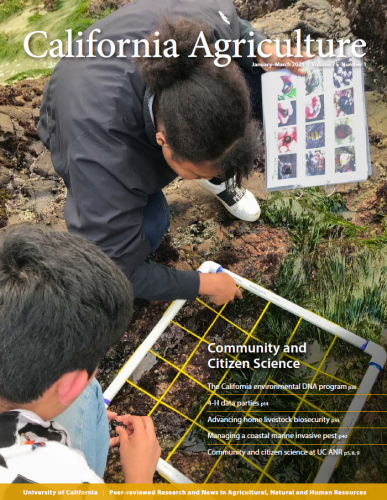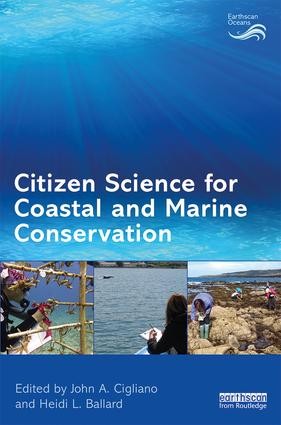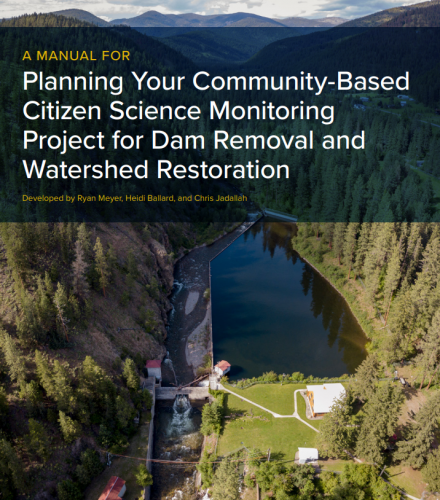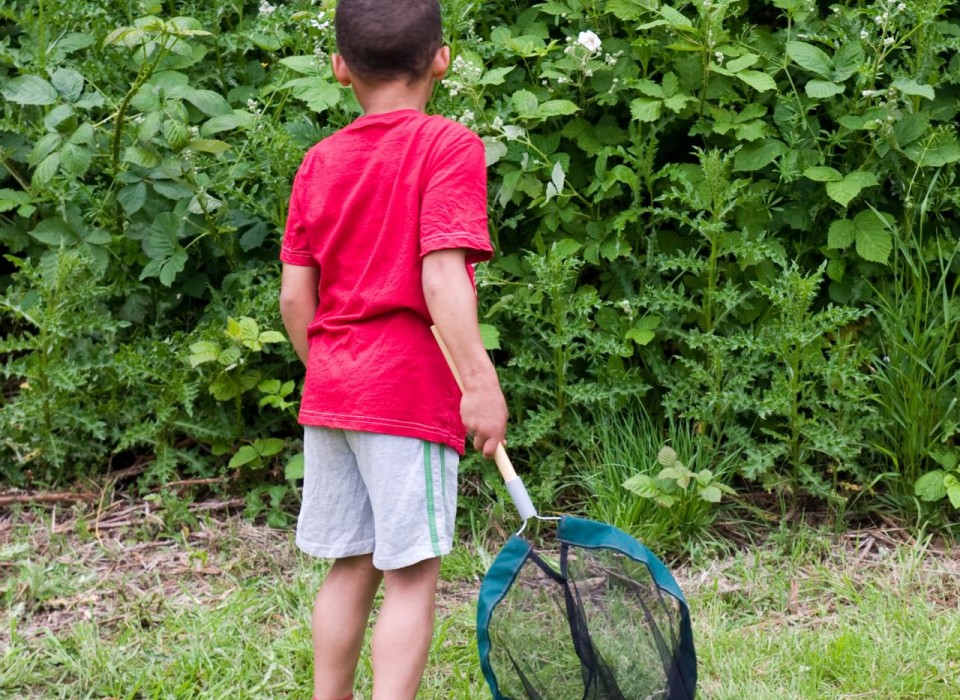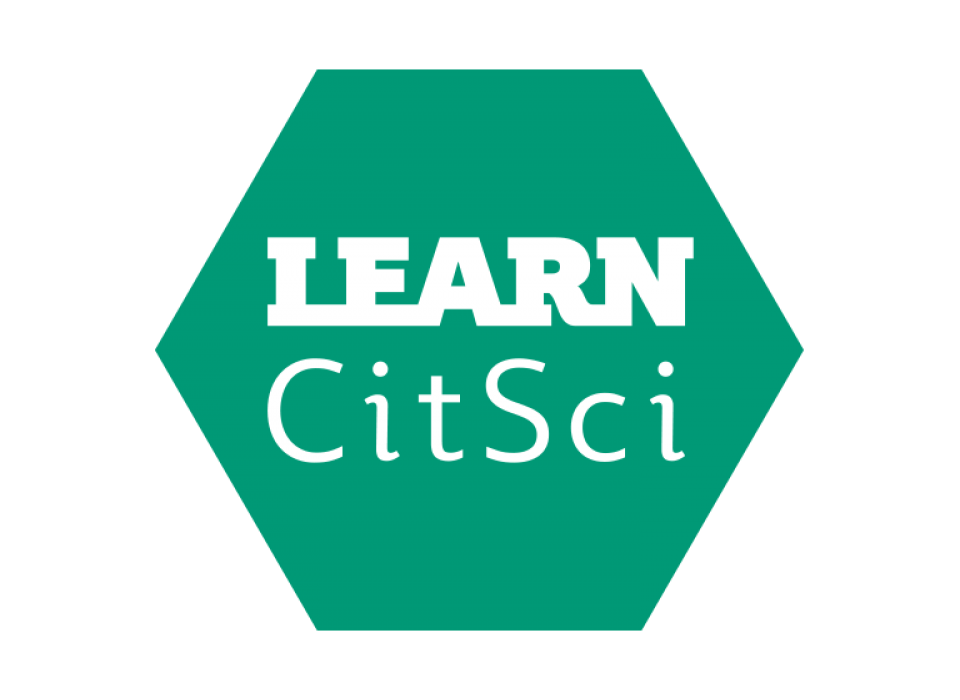CCS Practitioners
Access eeWorks Final Products
New Report: CCS in Oregon Marine Reserves
Community and citizen science (CCS) has played a role in marine reserve monitoring throughout the State of Oregon for more than a decade.
Resources on CCS in Farms and Gardens
Explore the resources, guides, reports and more that feature utilizing ccs in farm and garden environments.
Resources for Marine and Coastal CCS
Our list of resources includes our guide and published research surrounding best practices and findings of CCS in marine and coastal environments.
Resources for Citizen Science Project Planning
We are excited to share three resources use in developing or evolving citizen science projects. While their focus is on dam removal and watershed restoration, much of this material could be useful for a wide range of contexts and problem areas related to conservation and natural resource management.
New paper: Young Volunteers & Online Participation in Zooniverse
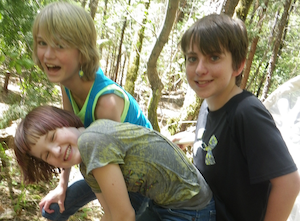 Appearing in the most recent
issue of Citizen Science: Theory and Practice, “What
Do We Know About Young Volunteers? An Exploratory Study of
Participation in Zooniverse” examines how youth, mainly 16–19
years old, participate in online citizen science projects. The
co-authors include Heidi Ballard, the Center’s Faculty Director,
and other colleagues collaborating on the LEARN CitSci project, funded jointly by
the National Science Foundation and the Wellcome Trust.
Appearing in the most recent
issue of Citizen Science: Theory and Practice, “What
Do We Know About Young Volunteers? An Exploratory Study of
Participation in Zooniverse” examines how youth, mainly 16–19
years old, participate in online citizen science projects. The
co-authors include Heidi Ballard, the Center’s Faculty Director,
and other colleagues collaborating on the LEARN CitSci project, funded jointly by
the National Science Foundation and the Wellcome Trust.







